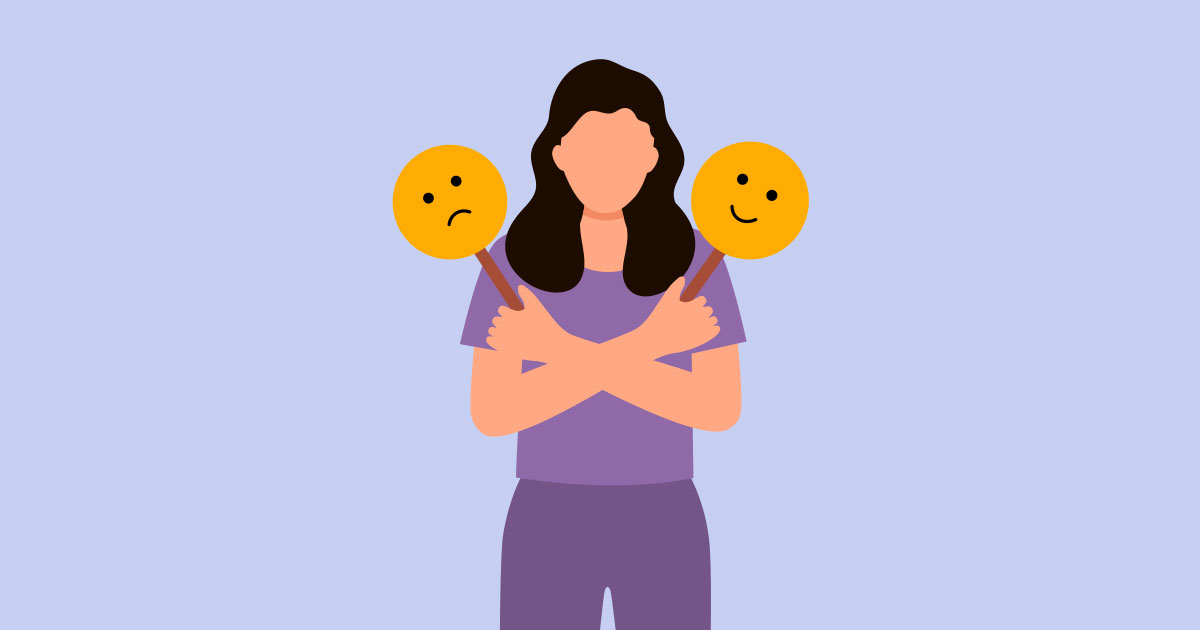
"Something's different about her moods lately, doctor. The usual ADHD strategies just aren't working anymore."

The recent development of AI in virtual companionship is staggering. Replika, for instance, uses machine learning to have conversations with users and can provide emotional and mental health support.

During my career, I've observed how ADHD can have a significant impact on professional life. While ADHD presents unique challenges, individuals can still excel in their careers with the right strategies.

Diagnosed with ADHD as a child, Emma believed she'd left those challenges behind with her school days. Yet, her struggles with focus, organization, and overwhelming anxiety told a different story.
When Emma, a 35-year-old marketing executive, first walked into my office, she seemed burdened by an invisible weight. 'I feel like I'm juggling flaming torches', she confessed, 'and any moment, I'm afraid I'll get burned!'.

I recall sitting across from a father named James, who looked utterly drained. James admitted that every evening he feels like he is bracing for a storm.

As a psychologist specializing in ADHD, I've observed that sleep issues are not just a side effect of ADHD, but often a core component of the disorder itself. The relationship between ADHD and insomnia is complex and multifaceted, affecting a significant portion of those diagnosed with ADHD.

As a psychotherapist who has spent over two decades working with individuals diagnosed with Attention Deficit Hyperactivity Disorder (ADHD), I've witnessed firsthand the complex tapestry of challenges and strengths that characterize this condition.

ADHD, or Attention Deficit Hyperactivity Disorder, often brings to mind images of fidgety schoolchildren or adults struggling to keep their lives organized.